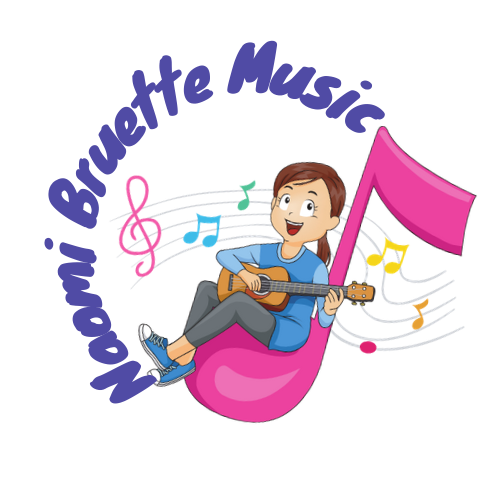Questions to ask yourself before commiting your child to music lessons:
Music instruction can be an incredible experience for your child and you but only if you are prepared for them.
1. What is my end goal for having my child in music lessons?
Do you want them to be a world famous concert pianist? Do you want them performing frequently for competitions? Do you want them playing for your local church? Maybe you just want them to experience piano/violin/voice etc and learn to enjoy making music. Maybe you are using music lessons to help your child build self-esteem through learning a skill. Every parent & student will have differnent goals that you want to acheive through music lessons. Also, goals will change as your child grows into loving music. The great thing is that every goal is valid! What you need to do is make sure you find a teacher who will support your goals that you have. Communicate to the the teacher that you want your child to be learning Mozart sonatas or let them know that all you want is your child to grow to love music! Both are great goals to have. Once you know what your end goals are you can match your commitment level to what your ultimate goals are.
2. Am I ready to make a long-term commitment?
Time, time, time! How much time are you personally willing to put into music lessons? You will need to get them to lessons (if driving is an obstacle consider remote online lessons, wink wink). You will also need to make a financial commitment of at least 3-6 months of lessons to begin seeing results. Most importantly you need to be ready to invest in reminding your child to practice. Practice time does not mean “Go sit down and practice now!” What it REALLY means is that you need to sit down with them as they practice. Then, help them make goals that they can accomplish during their practice sessions. Trust me, the time you invest at the begining to helping them establish great practicing habits will help make the most of your investment. Ask yourself, am I willing to make the commitment of time and finances to making these lessons sucessful? If YOU not your child is committed to making the lessons successful your child won’t be either.
3. Is my child physically/emotionally ready to start music lessons?
Are YOU ready physically and emotianlly for your child to start music lessons? You can find a teacher to start your child at any age and there is no right or wrong age to start lessons! There are definitely age factors that influence physical abilities and concentration levels but most importatly you need to know if you are ready. A few factors that will influence if your child is ready to start are:
- Is your child able to concentrate for at least 15 min?
- How old are they and what instrument are they wanting to play?
- Developmental milestones
- How quickly are you wanting your child to catch on to their instrument? You can start a child very early but they might be very slow at catching on to reading music if they aren’t ready to learn to read.
Of course, speaking with a teacher can help calrify your questions and help you come to a decision. If your child loves music and you want them to experience it there are often community classes for kids like Kindermusick, Music Together, and others that will help develop a love of music in your child. If you are interested in voice lessons be sure to sign up for a FREE voice lesson with me! I can help answer your questions and help you decide on a course of action.







